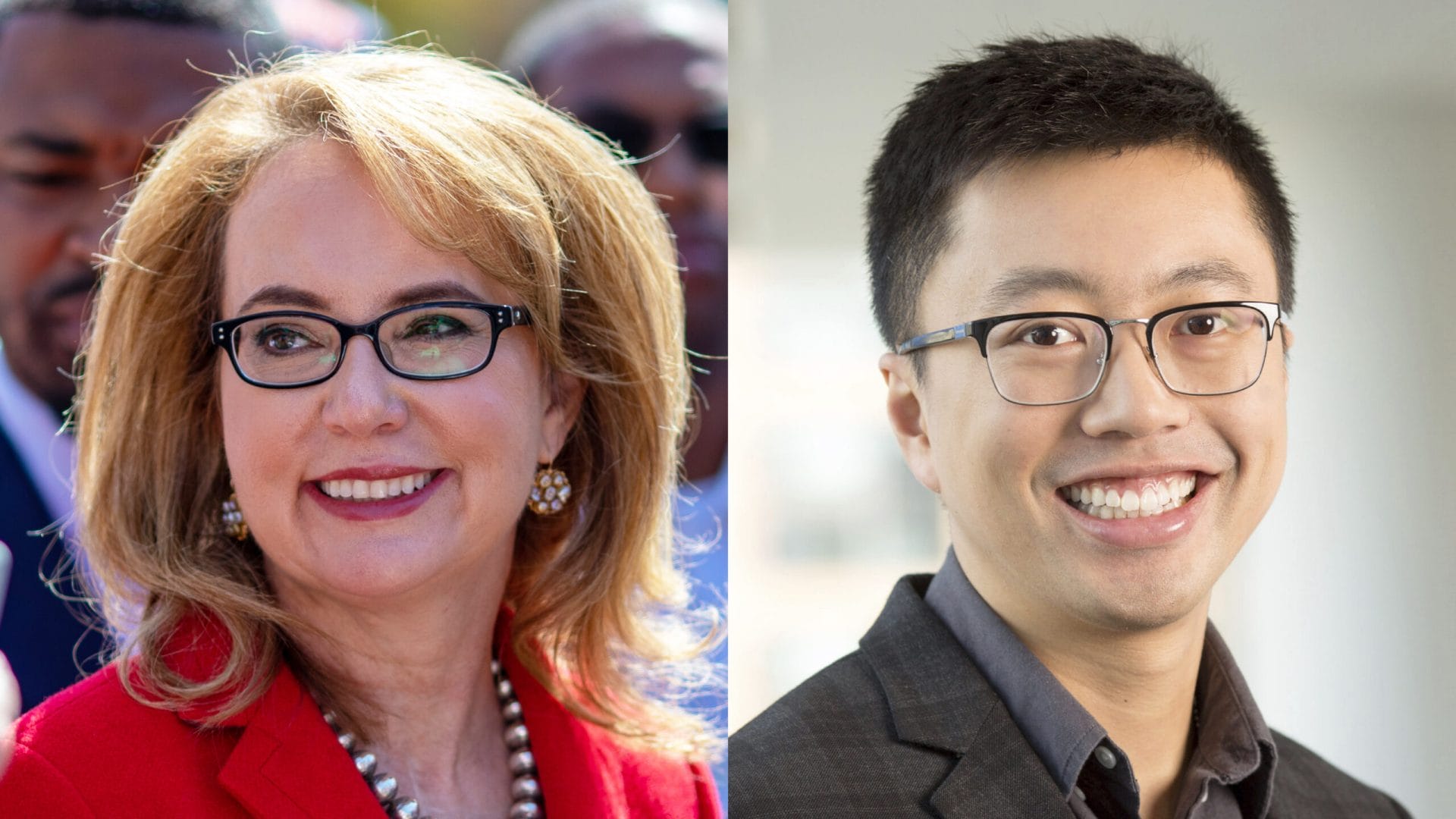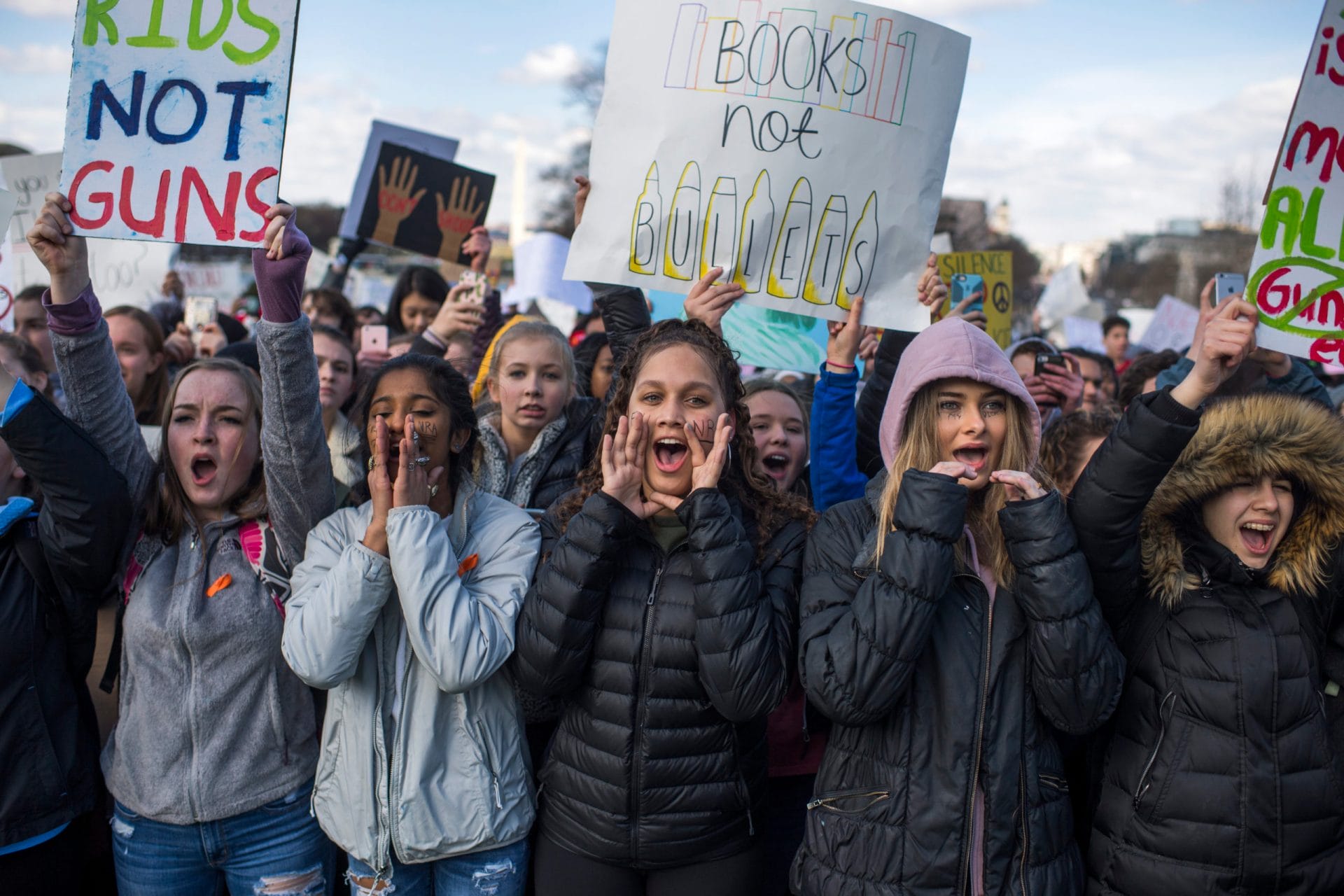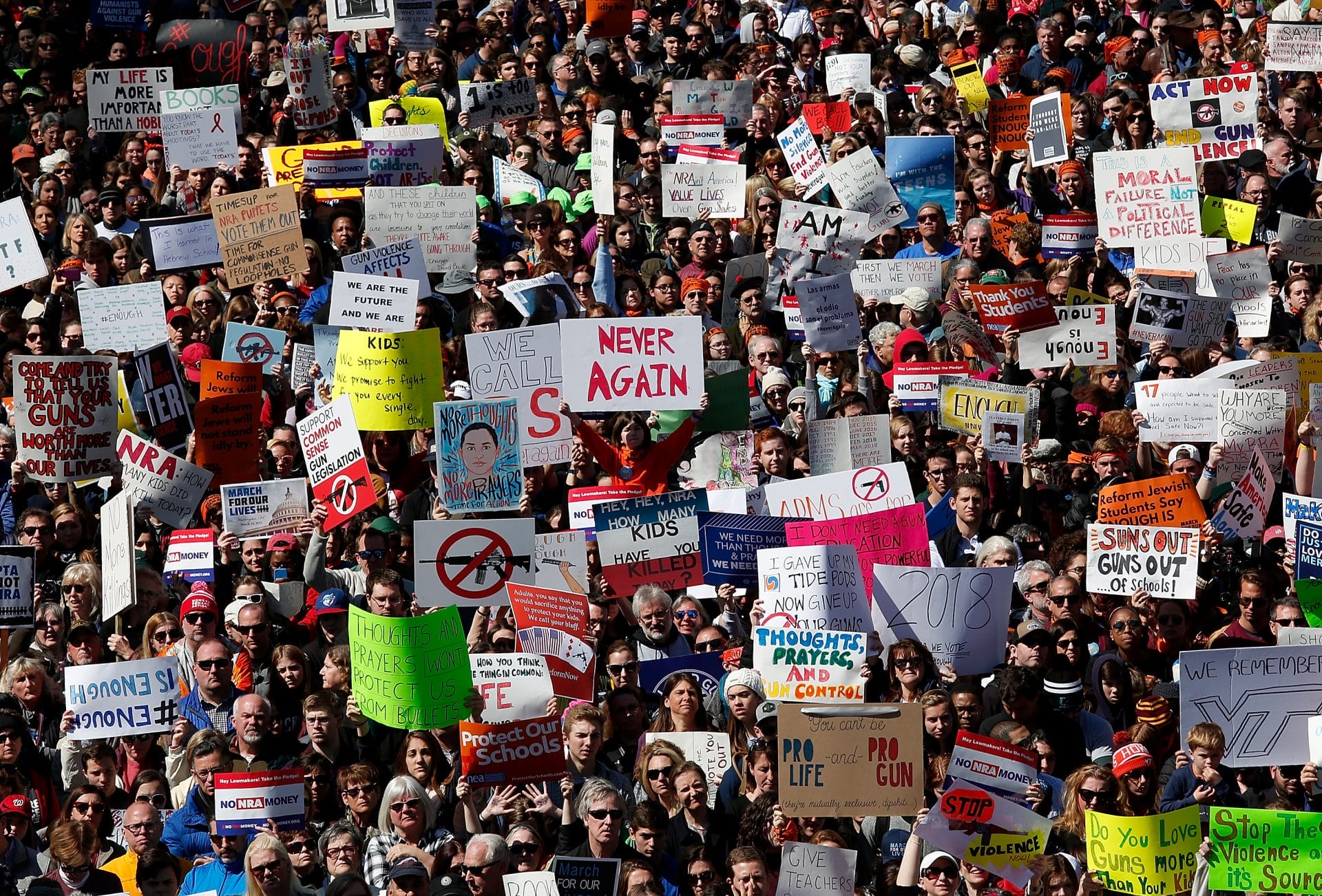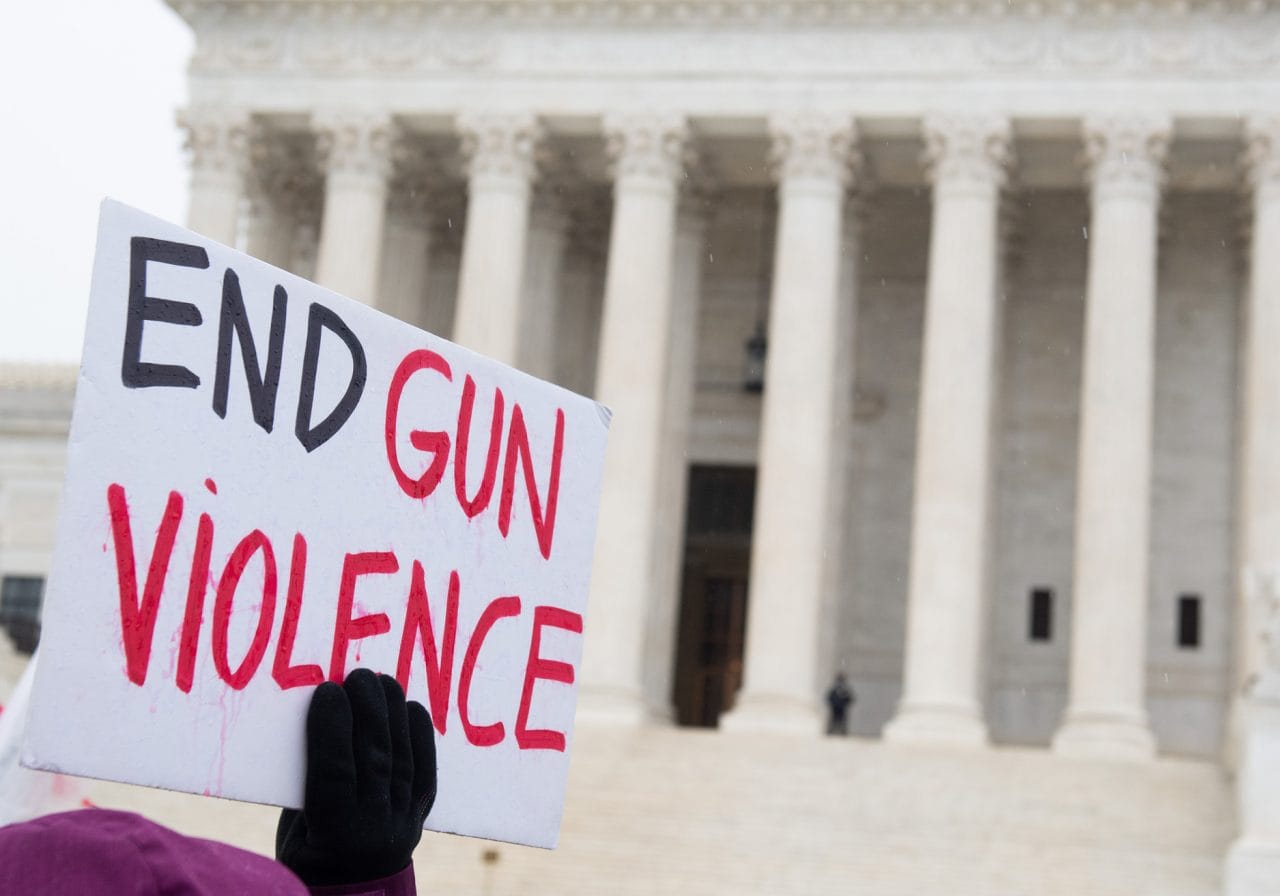
Gabby Giffords Q&A with Tim Mak, NPR’s Washington DC Investigative Correspondent
I’m so happy to be talking to Tim Mak today. Tim is NPR’s Washington DC investigative correspondent, where he’s covered a broad range of topics including politics, national security, and technology. He’s also extensively covered the gun industry and the NRA, publishing an expose on secret recordings of NRA executives made shortly after the shooting at Columbine. His important and timely work culminated in the release of his book, MISFIRE: Inside the Downfall of the NRA.
Tim, thank you so much for taking the time to speak with me. I’m a big fan of your work and appreciate your efforts to shine a light on the negative influence that special interests like the NRA have had on our politics. What first drew you to covering the gun industry and the NRA?
It was a bit of a coincidence. In my book I describe how I met with a source years ago at the Tabard Inn, a restaurant in Washington DC. And the source was going on and on about this Russian citizen who was bragging about being a connection between the Trump campaign, Russia, and the National Rifle Association.
I thought the notion was far-fetched. But as I investigated the matter over the course of years, I realized that I had come across Maria Butina, the Russian government agent who was seeking to build inroads with the NRA.
This was my entryway into years of investigating the NRA and its misconduct.
Your book uncovers decades of corruption within the NRA. What was the most surprising thing you learned while researching?
The NRA has been such a black box for so many years that I was shocked about the personalities that run it. Wayne LaPierre is such a central part of the story, and as the CEO and Executive Vice President he is a person who wields an enormous amount of power inside the organization.
But talking to his closest friends and professional associates, you learn that the person who holds himself out to be an assertive and staunch supporter of gun rights is actually in reality a timid, meek, anxious individual; someone who is intensely afraid of controversy or making decisions.
It’s a central theme of the book: Wayne avoiding responsibility, except to try to hinder the efforts of others for accountability; Wayne being a central player in using the nonprofit organization’s money for personal benefit; and Wayne looking out for no one but himself.
The NRA talks about wanting to protect the rights of gun owners, but on top of peddling falsehoods and conspiracy theories, executives line their pockets with the money they receive. How can everyday Americans tired of the gun violence epidemic fight back against gun lobby lies?
I think any American should be concerned about how the NRA has been run over the last few decades. The NRA is a nonprofit, which has a special place in our system. Nonprofits are given financial breaks by the government in return for doing work that is believed to be in the public interest.
Over just the last few years, according to the New York Attorney General, Wayne LaPierre, the NRA, and other executives have used tens of millions of dollars in inappropriate ways. And that should be a concern to anyone on all sides of the gun issue.
Some of the folks most upset with Wayne LaPierre and the NRA’s conduct have been former and current NRA members. The NRA has for many years held itself out to be a stalwart representative of blue-collar Second Amendment supporters—and all the while its top staff were spending its members money on lavish meals, extravagant trips to Europe and the Bahamas, and private jets.
We’ve seen the NRA uplift despicable white supremacist and violent rhetoric held by a small faction of gun owners instead of the gun safety ideals that most gun owners actually believe in. What role has the NRA played in the proliferation of this discourse in our politics and society?
The NRA made a decision after the shootings at Sandy Hook: to double-down and become an all-out conservative culture war organization. Prior to this, the NRA had seen moderate Democrats as its most critical allies—allowing them to push bipartisan gun legislation.
As donations to the NRA began to dwindle in the Trump era, Wayne LaPierre and others at the NRA found that more and more extreme stances on the issue were the way to make up for shortfalls in money and membership. And in doing so, the NRA believed it could set itself up as not just a gun organization, but as an organization standing between its members and government intervention of all kinds.
The NRA is supposed to represent the interests of gun owners, not the interests of the gun industry, but your reporting has shown time and time again that it is very much in lockstep with the industry. What should responsible gun owners who believe in gun safety take away from your book?
The need for accountability and transparency. The NRA has taken advantage of its members and its members’ money for decades in order to fund an extravagant lifestyle for Wayne LaPierre and senior executives. Responsible gun owners should educate themselves about an organization that purports to represent them.
TAKE ACTION
The gun safety movement is on the march: Americans from different background are united in standing up for safer schools and communities. Join us to make your voice heard and power our next wave of victories.
GET INVOLVED

